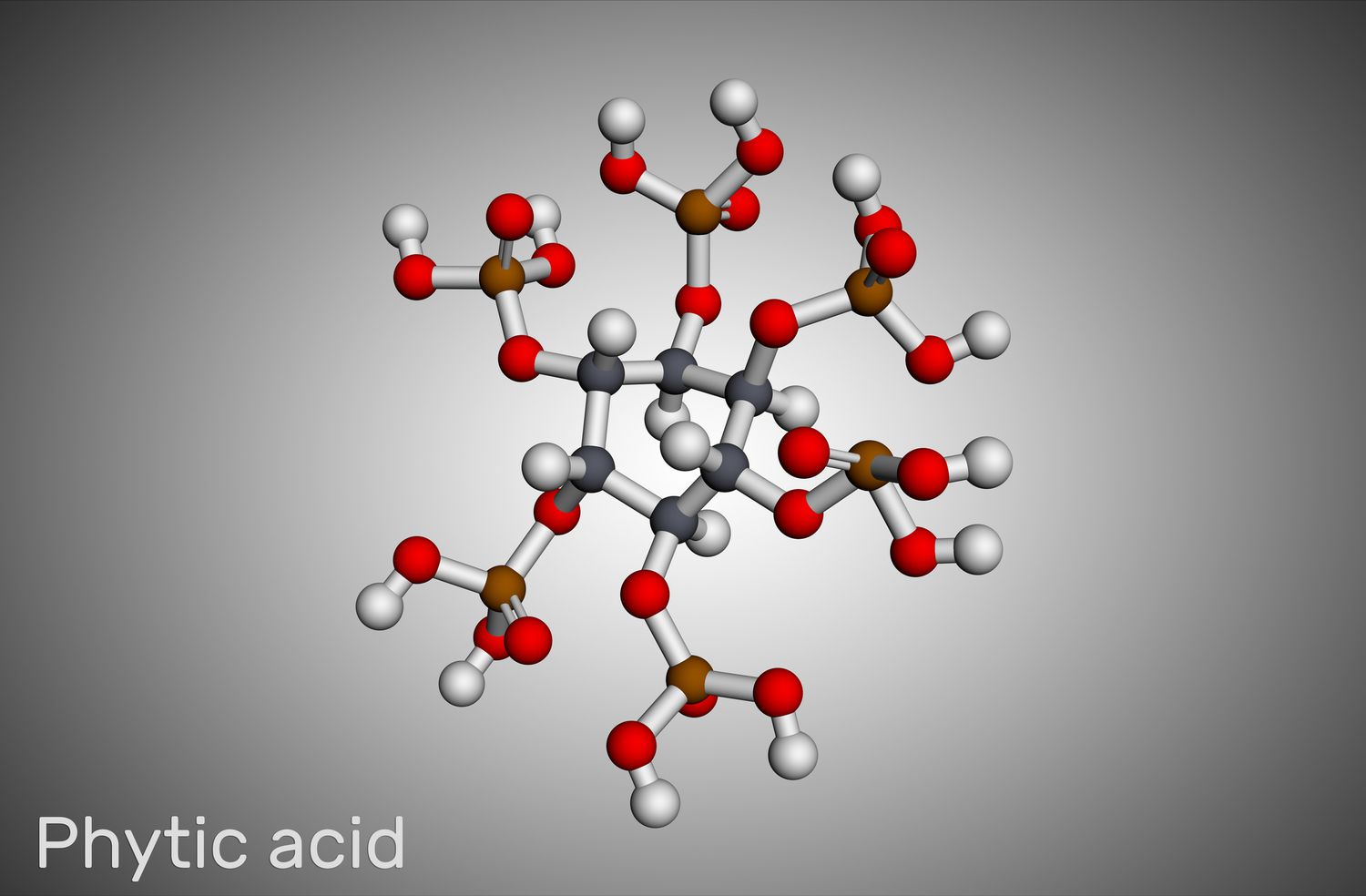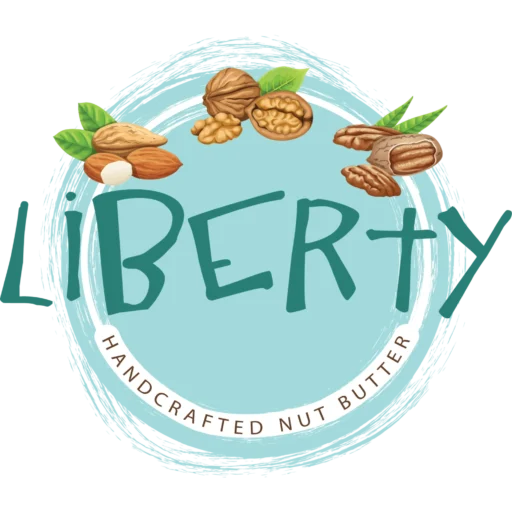Phytic Acid: Pro’s and Con’s

In the realm of nutrition, there are numerous compounds that have sparked both controversy and curiosity. One such compound is phytic acid, a naturally occurring substance found in many plant-based foods. Phytic acid has been both praised for its potential health benefits and criticized for its anti-nutrient properties. In this article, we will delve into the world of phytic acid, uncovering its functions, sources, and its impact on human health.
What is Phytic Acid?
Phytic acid, also known as inositol hexaphosphate (IP6), is a unique compound found in the seeds, grains, and legumes of plants. It belongs to a class of compounds called phytates, which are storage forms of phosphorus in plants. Phytic acid is primarily concentrated in the outer layer or bran of seeds, acting as a natural defense mechanism to protect the plant from predators, pests, and adverse environmental conditions.
Sources of Phytic Acid
Phytic acid is abundantly present in a wide variety of plant-based foods, including whole grains (such as wheat, rice, and oats), nuts, seeds, legumes (beans, lentils, chickpeas), and some fruits and vegetables. It is especially concentrated in the outer layers of these foods, which are often removed during processing. As a result, whole and minimally processed plant-based foods tend to have higher phytic acid content compared to refined and processed ones.
Functions of Phytic Acid
-
Mineral Chelation: One of the notable characteristics of phytic acid is its ability to bind to certain minerals, such as calcium, iron, zinc, and magnesium. This property gives rise to its reputation as an “anti-nutrient” as it can reduce the bioavailability of these minerals in the human digestive system. However, it is important to note that the impact of phytic acid on mineral absorption varies based on factors such as diet, overall nutrient intake, and individual variations.
-
Antioxidant Activity: Phytic acid exhibits antioxidant properties, which can help combat harmful free radicals in the body. It acts as a scavenger of reactive oxygen species, thereby protecting cells and tissues from oxidative damage. Additionally, some studies suggest that phytic acid may have anti-cancer and anti-inflammatory effects, although further research is needed to confirm these potential health benefits.
-
Health Benefits: Despite its binding effect on minerals, phytic acid may offer several health benefits. Research indicates that phytic acid consumption might be associated with a reduced risk of certain types of cancers, such as colon, breast, and prostate cancer. It has also been linked to improved insulin sensitivity and reduced risk of cardiovascular diseases. However, it is important to note that these potential benefits are likely due to the overall nutrient composition of whole plant-based foods, rather than phytic acid alone.
Managing Phytic Acid Intake
While phytic acid can hinder the absorption of certain minerals, it is important to remember that a well-balanced diet usually compensates for this effect. Liberty Nut Butter addresses this issue in our unique and traditional processing method. First we process all of our nuts by hand, making sure that we only uses the highest quality and freshest ingredients in our nut butters. Next, we go through an intensive soaking and dehydrating process which helps to break down phytic acid, and other phytates, in our nuts before we make them into butter. Finally, we use a stone grinding method that incorporates natural friction heat to help finish the “conching” or roasting process that ensures we have the lowest possible phytic acid levels in our final product. This process is painstaking compared to most commercial operations that use cheap and fast “milling” techniques to create nut butter, however, we believe that anything we put into our bodies deserves to be done right.
Conclusion
Phytic acid, a naturally occurring compound found in plant-based foods, has generated significant interest in the nutrition community. While it can bind to minerals and potentially reduce their bioavailability, the overall impact on nutrient absorption depends on various factors. As part of a well-balanced diet, the consumption of phytic acid-rich foods provides numerous health benefits due to their overall nutrient profile. By employing various preparation methods and diversifying our diet, we can strike a balance between maximizing nutrient absorption and enjoying the health-promoting properties of plant-based foods.

Location
Proudly manufactured and packaged in Olathe Kansas. Liberty Nut Butter is Made in America by Patriots and Veterans.
For information about our products, media inquiries, or to get in touch with a member of our team please email: info@libertynutbutter.com